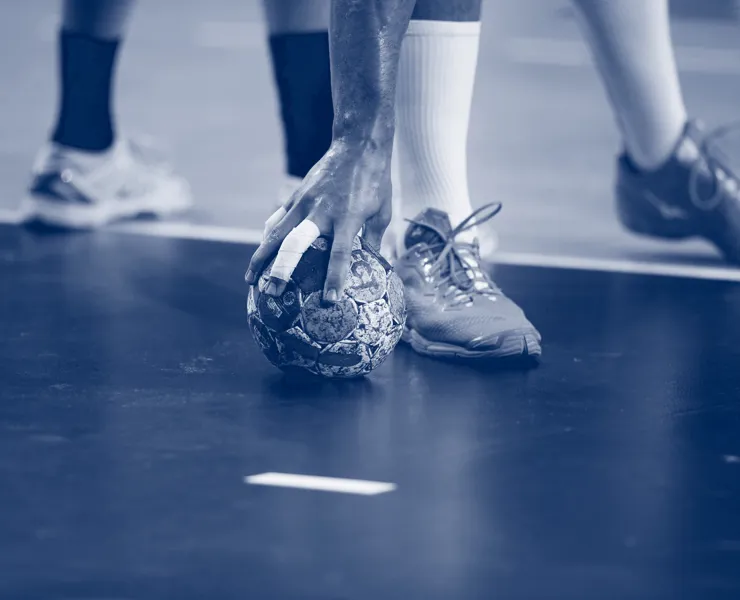In general, people in that region of Russia are very warm and hospitable. Whenever possible, I always try to convey it to the people, to serve as a Dagestani ambassador in a way. Unfortunately, there are some negative stereotypes about that area, but I would like everyone to come there for an excursion and see that our people are extremely welcoming. They respect family, elders and traditions. And the region itself has a lot to offer – the sea, the mountains, gorgeous nature…
As I said, there is a large number of ethnicities in Dagestan – Avars, Dargins, Kumyks and Lezgins to name four, but they all get along very well. There are different languages, too, and when I was a kid and visited my grandmother, she taught me a local version of the Avar language. At the time, I spoke it very well, but then I lacked practice, and now unfortunately, my knowledge is a bit rusty.
Dagestanis love sport, but I don't know any handball players coming from that region. If I had grown up in Dagestan, I would most likely also have taken up wrestling, or perhaps boxing or judo – but not handball. Everything depends on local traditions, and North Caucasus, Dagestan in particular, has very strong traditions in wrestling and martial arts.
Now the most famous Dagestani in the world is probably Khabib Nurmagomedov, a mixed martial artist. I don't know him personally, but we have some mutual friends, and of course I followed his career. I also know a number of other athletes from that region. Combat sports are raised to cult in Dagestan, and even boys from elementary school try to learn the basics. I think that such love of sport can only be beneficial – after all, it leads to a healthy lifestyle! And the man, the head of the family, should always be able to protect his loved ones.











